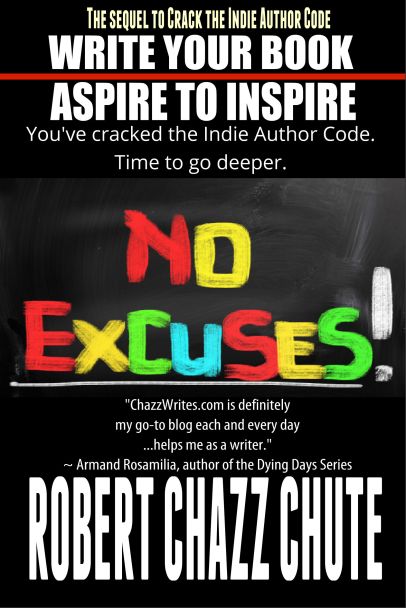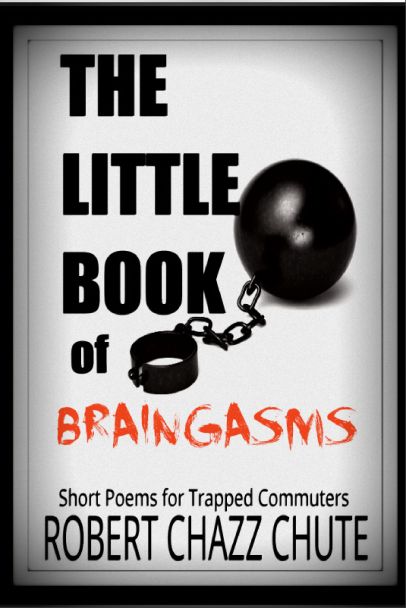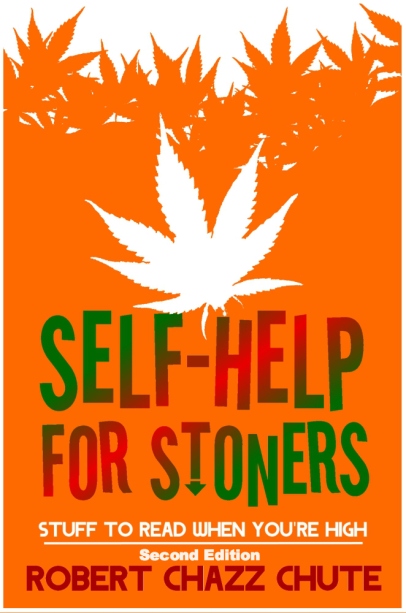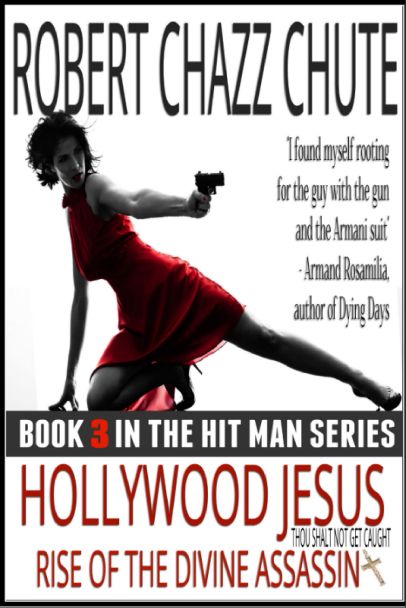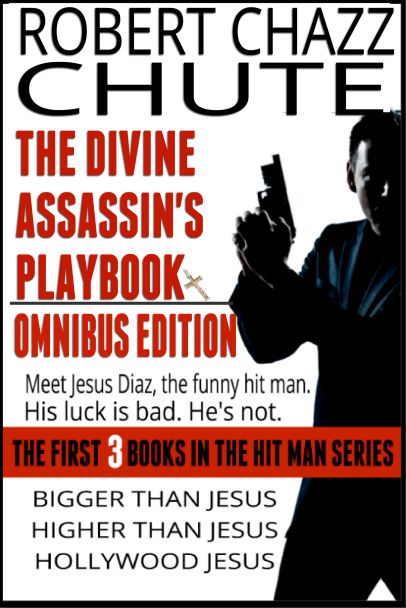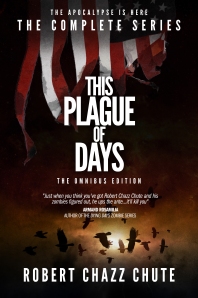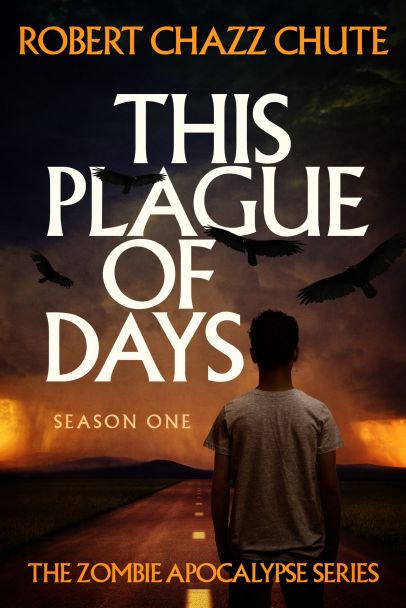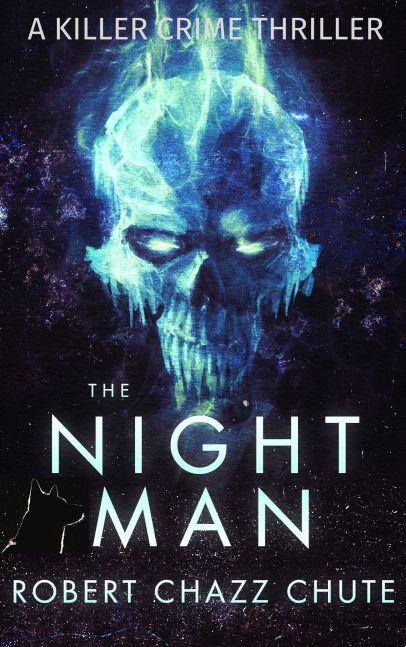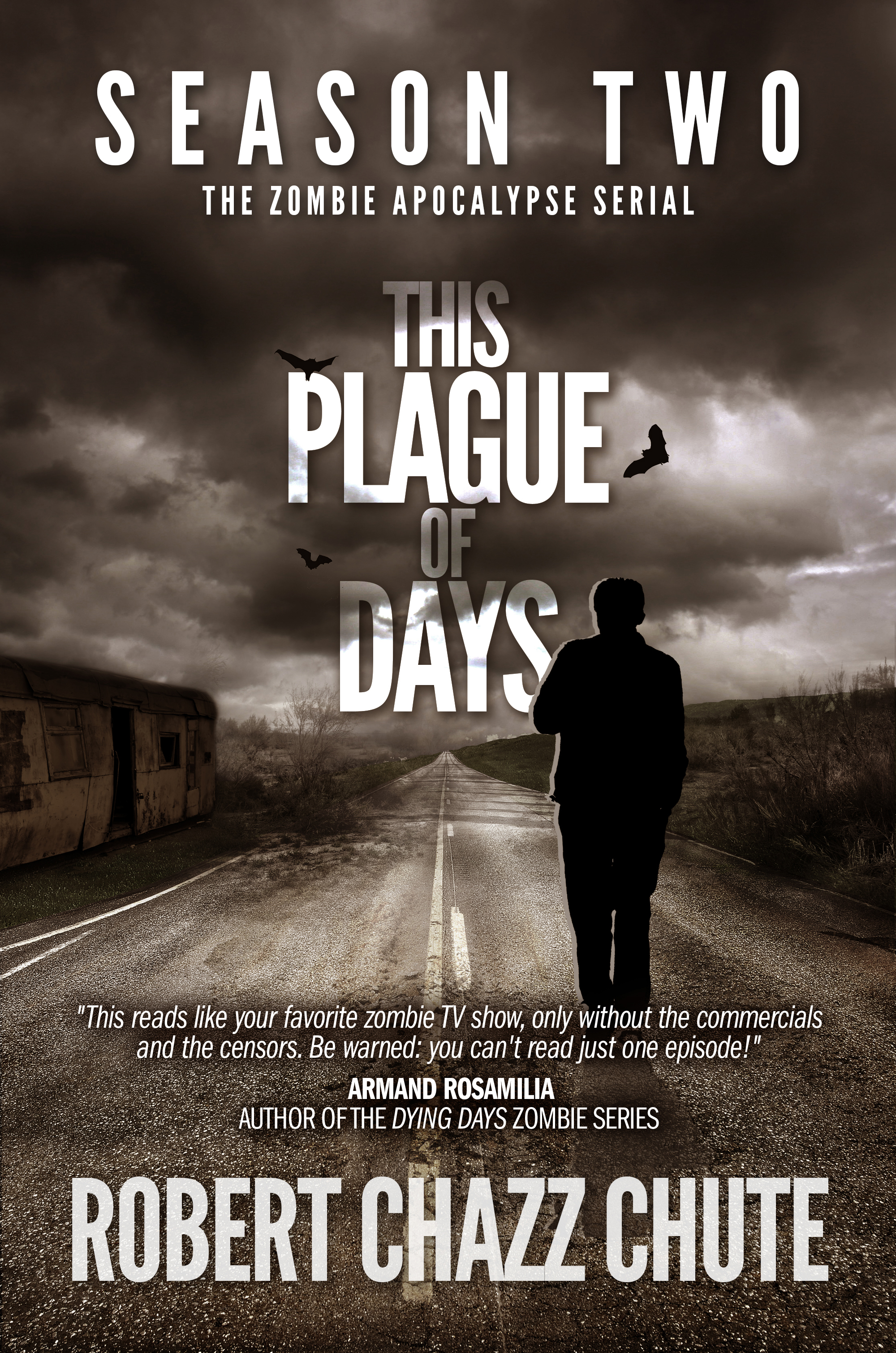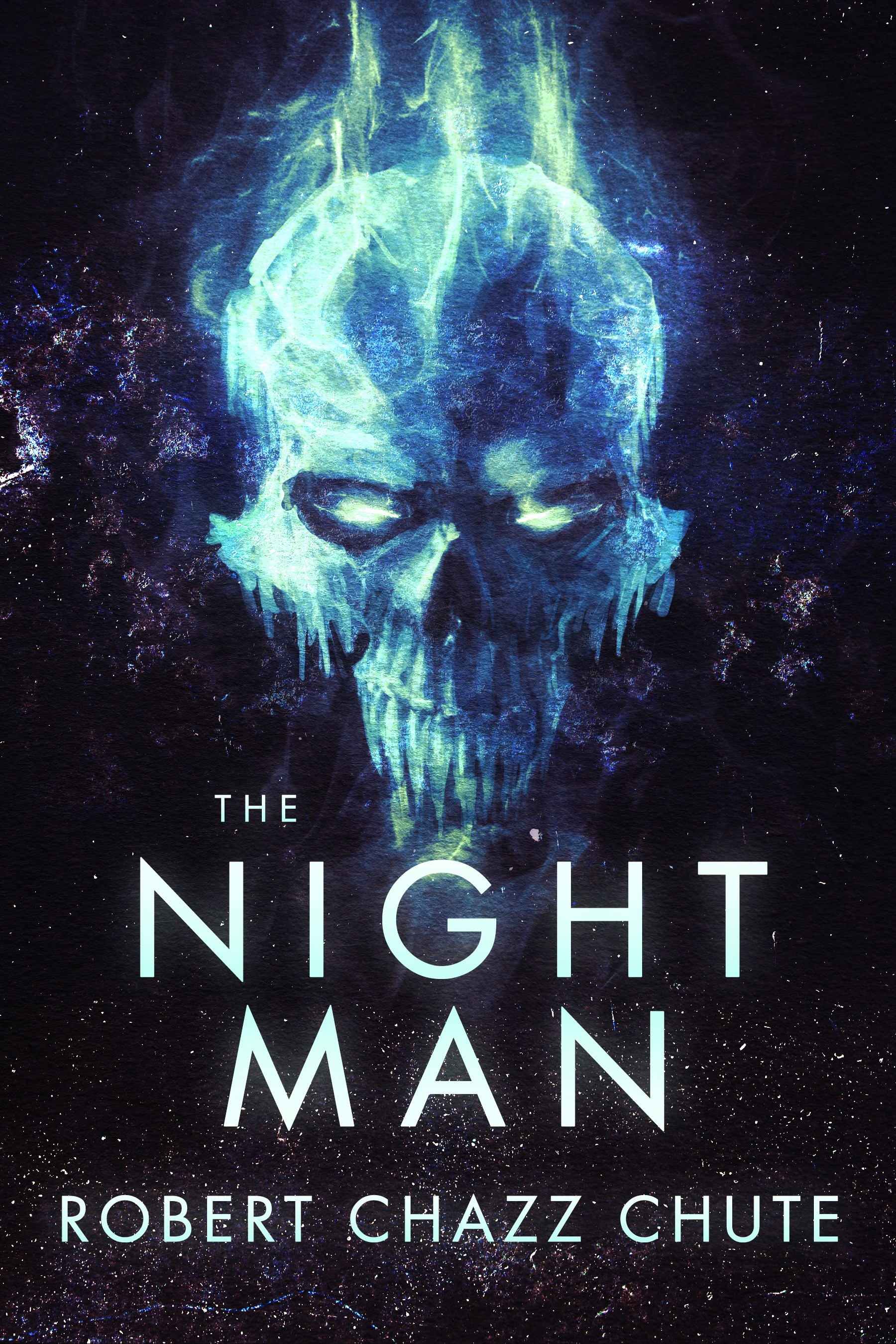[Editor’s note: Today we welcome Simon Whistler of Rocking Self-Publishing Podcast fame. He’s got a nifty and useful mastermind group going, too. Don’t miss checking that out at the end of his post to leverage the power of podcasting for greater success for authors! ~ Chazz]
Eighteen months ago I started a little side project. A podcast called Rocking Self-Publishing.
Eighteen months later, I’ve talked to over 80 authors, for around 100 hours of interviews. I’ve reached thousands of people though 600,000 podcast downloads. I’ve emailed, Skyped, and met, with a number of people I admire. I’ve even started a small online community for successful and hungry authors; the group of people that I hope my podcast resonates the most with.
When Chazz asked me to come and do a guest post for his fantastic blog, I knew I didn’t need to write an article, I needed to answer a common question:
Should I start a podcast?
I’m sure Chazz would be the first to agree with me, being a man of many podcasts himself, that podcasting is not “talking to someone and sticking it on iTunes.” It is hard work.
But that’s good news.
Hard is good.
Hard means people don’t do it. Hard means people don’t put in the effort to put out great content week after week. Hard means that if you have grit, you can make it. You can distinguish yourself from the masses, and reap the rewards of being exceptional in the space you carve out for your show.
What space should you carve?
That all depends on what you want to get out of your podcast. What is your perfect end result? I’m going to run with the assumption that you want this podcast to add to your bottom line. And while there are plenty of ways to add to that bottom line, let’s stick with the basics: sell more books, make more money.
Now for the big question, and please, don’t immediately write it off as daft:
Do you want your future listeners to buy your books?
I can hear you thinking: “Simon! I’m not starting this for fun, I thought we covered that?”
Okay fine, we’ll start with the type of show where your listeners will buy your books.
The niche podcast. One that appeals to the readers in your genre.
The process? Work out who is buying (or will buy) your fiction. Create a podcast that appeals to that reader base. Build the listener base. Sell books to them.
What’s awesome about this type of podcast is that you’re probably going to really love doing it! If you write horror, you’re probably into horror, and so are your readers. Let’s break it down:
- Who buys your fiction – Survey if you can, there’s nothing better than info from the horses mouth. If you have a mailing list, get on SurveyMonkey, present some podcast options, and ask them! If you don’t have a way to get in touch with your audience directly, check out your Facebook fans, what sort of things are they into?
- Create a podcast that appeals – This is more than just the topic. What angle are you going to take? What’s are other, similar, podcasts doing? If there isn’t competition, why not? Also think about tech, quality audio is important, but that’s a discussion for another day.
- Build the base – iTunes is important, and audience building through that platform is vital. I really recommend checking out PodcastAnswerMan.com for details on this (and much more about podcasting).
- Sell books to them – The good part. Listeners like you, they’ll buy your books, the books were written for people like them (if you did your targeting right).
Super important caveat: Platforms launch books, they don’t continually sell books. Once you’ve hit your audience up a couple of times, everyone who is going to buy has bought.
What about the podcast where your listeners don’t buy your books?
I told you we’d get to this one.
The podcast for writers.
Do you think if I wrote fiction, my audience would buy it? My audience are writers not readers. Yes, there would be some spillover, but if you want to sell fiction to your listeners, don’t start a show about writing. It is inefficient.
If you want to sell fiction to your listeners, you need a listener base who have an interest in your fiction, not your writing process.
Let’s say I put out a spy thriller. The RSP audience might buy it to check out my writing chops (and mock me), but they don’t care about my Jason Bourne wanna-be protagonist.
If you want to sell a book about writing though… well, start a podcast about writing. I myself launched my first book to 80 five-star reviews in the first 10 days. Podcasting in this way can be very effective for non-fiction authors.
Now, don’t discount the podcast aimed at writers for helping with your fiction sales, I’m about to get to the good part.
Indirect sales.
The most incredible thing about the self-publishing community is the community. When I started RSP, I wondered, “Why would anyone get on the phone with me?” But I wanted to podcast. I wanted to be on the mic. It was going to be fun.
I had less than ten posts on KBoards (the author community a friend told me to check out). Within hours I was setting up digital meetings with people who were selling hundreds of thousands of books.
A niche podcast is a way to “network up.” A way to connect with people who you admire, people you can look to as mentors, people who you might even be able to work with. If you make a quality podcast, it is a ticket to talking to people you admire. I can’t remember where I first heard this, but it has always stuck with me:
“Most successful people you can’t get on the phone for an hour of consultation, even if you pay them. Stick the microphone on, call it a podcast, and you’re in business!”
A network of other authors around you is something that authors at the highest level have. Podcasting is an enjoyable way to build that network, if you are up for a challenge.
But what do you do with this network? Learn from it, work with it, take advantage of the opportunities it presents. Having the ability to call on the expertise of a group of successful people is epic.
It a Wrap
The question, “should I start a podcast?” Pops up in my inbox on the regular.
My reply is usually more succinct when I’m writing an email back to someone, so I should be able to wrap this up nicely:
“Dear Podcast Listener,
Starting a podcast brings many advantages and opportunities, whether you start one for your readers or other writers.
It’s not as easy as we make it sound though, and high quality, regular, podcasts are the ones that make it. So prepare to commit some time. If you can see the return, and will enjoy it, then rock and roll and let me know when you’re live.
Cheers,
Simon
simon@rockingselfpublishing.com”
I’m such a proponent of the value of a network that I decided to interconnect mine through an online community. I created a group for the kind of successful authors who come on my podcast. For a limited time, we are looking for outside applications. If you are towards the head of the indie pack, I’d check out the info page at http://writerscircle.rockingselfpublishing.com.
~ Simon Whistler is a podcaster, author, and audiobook narrator. He podcasts long-form interviews every Thursday at RockingSelfPublishing.com.
Filed under: author platform, podcasts, books, mastermind group, Podcast, podcasting, podcasts, Rocking Self Publishing Podcast, rocking selfpublishing podcast, Simon Whistler, writers, writing

